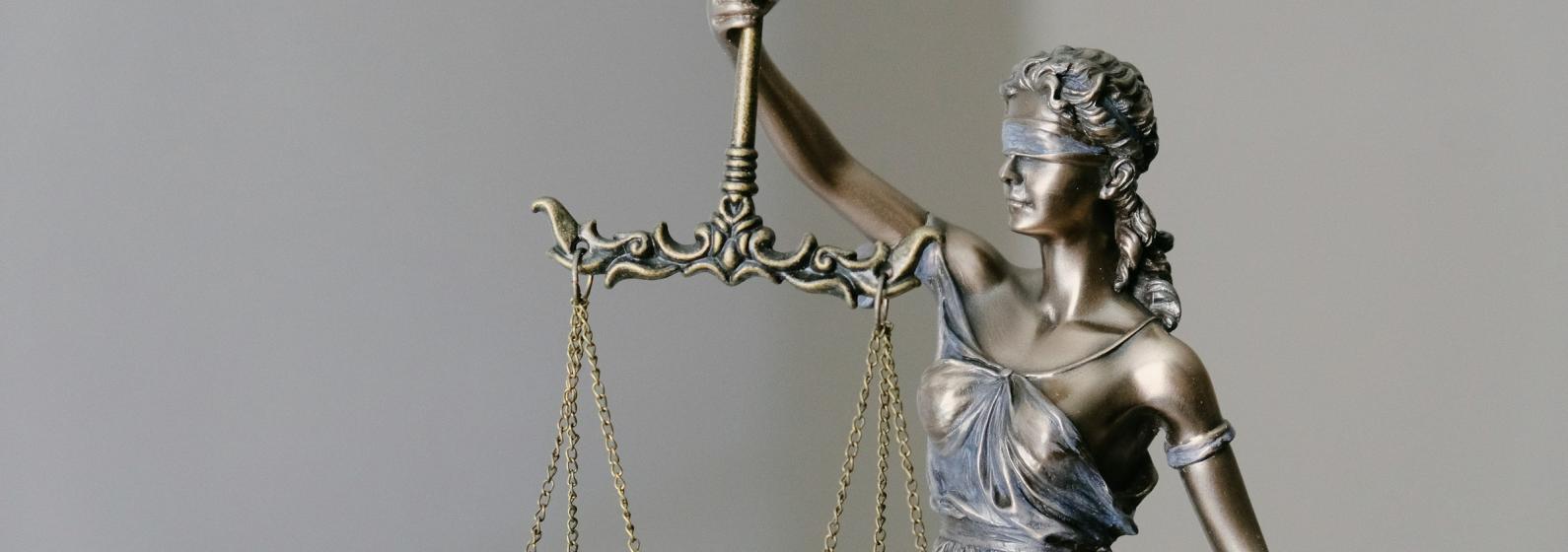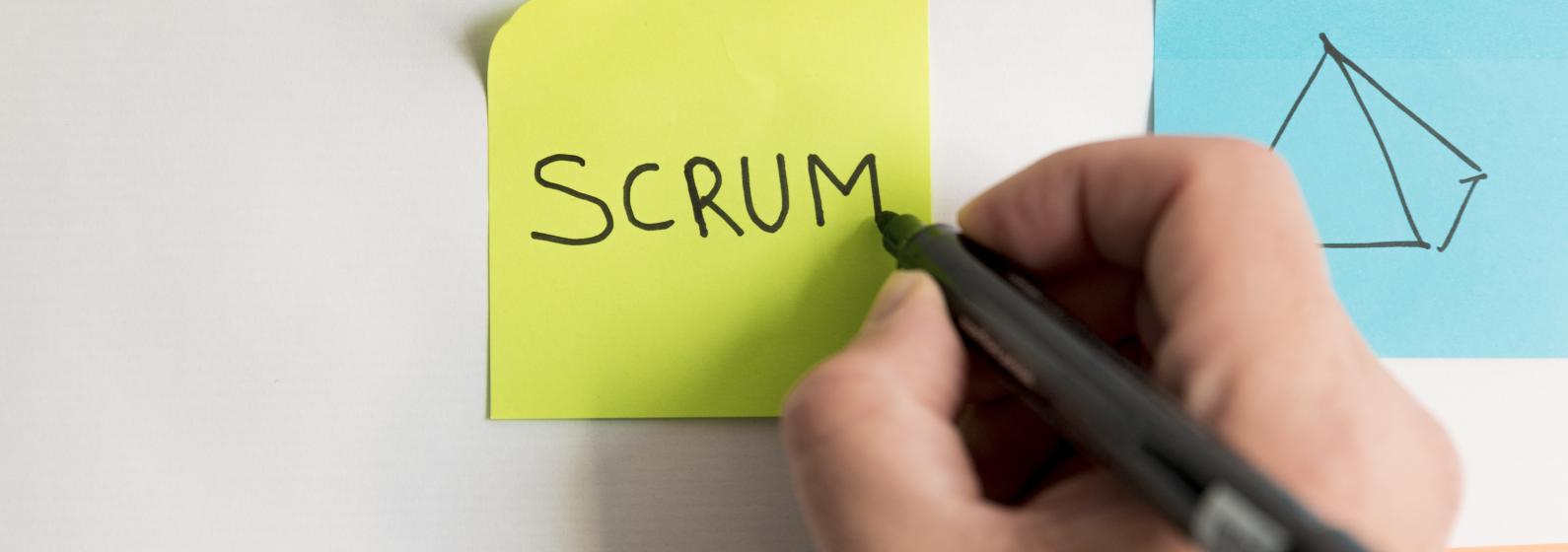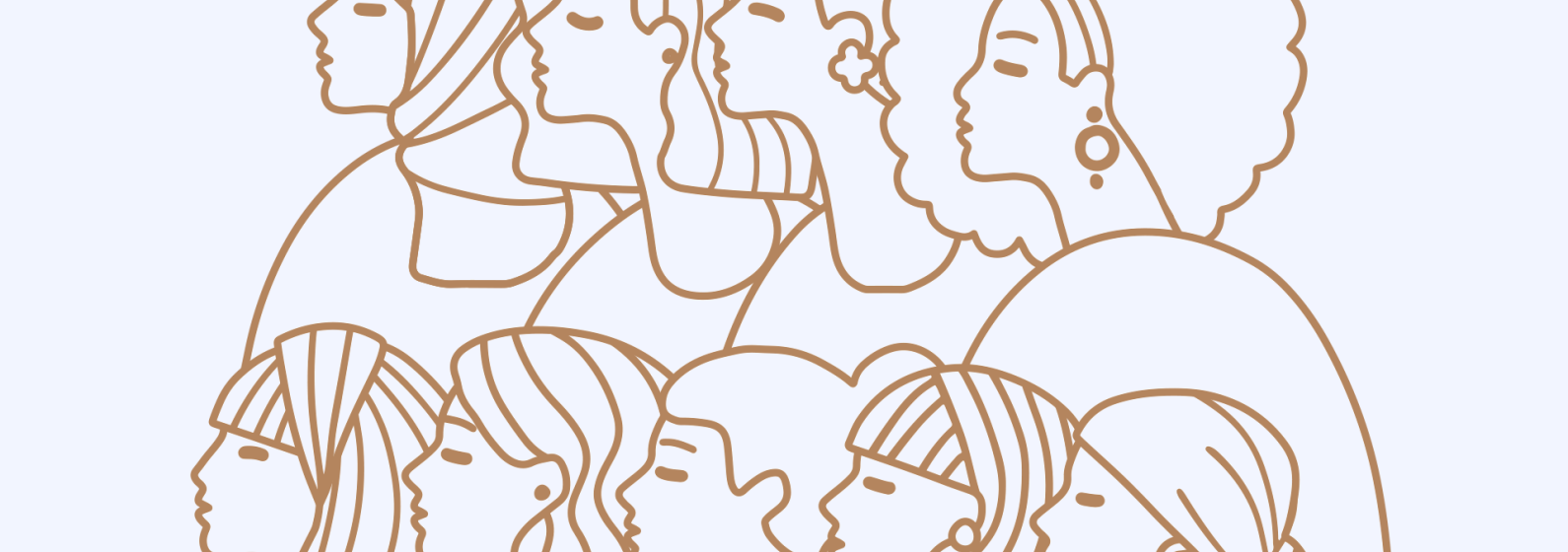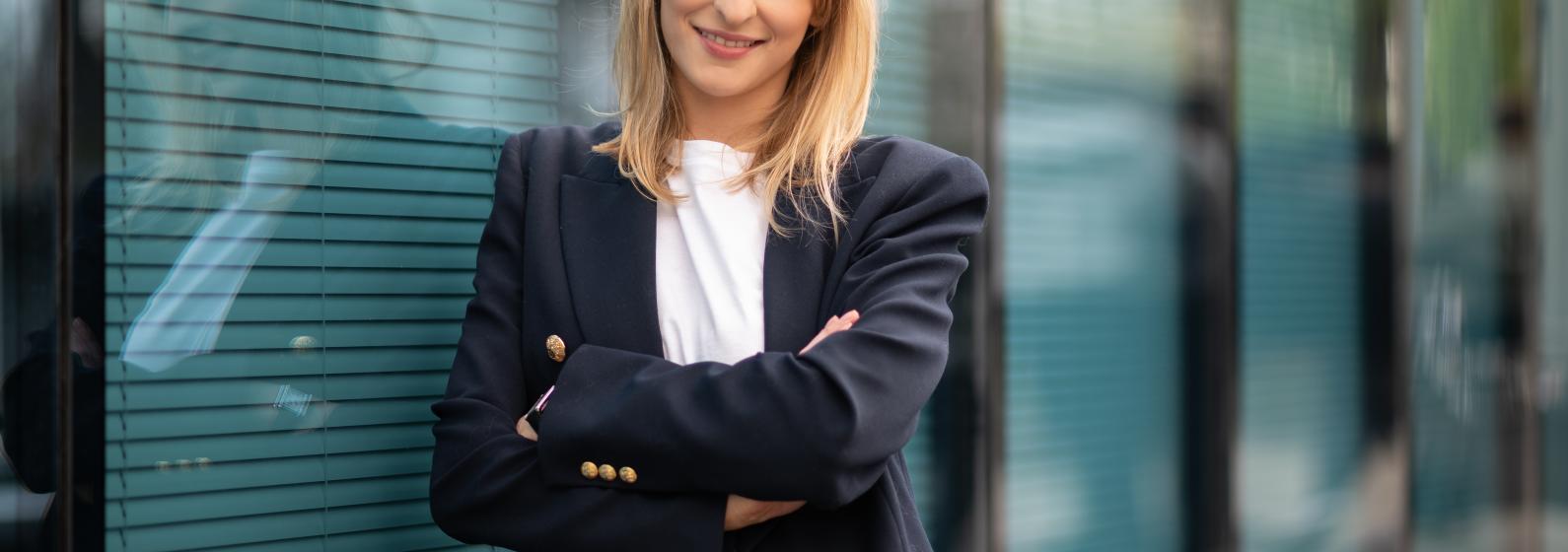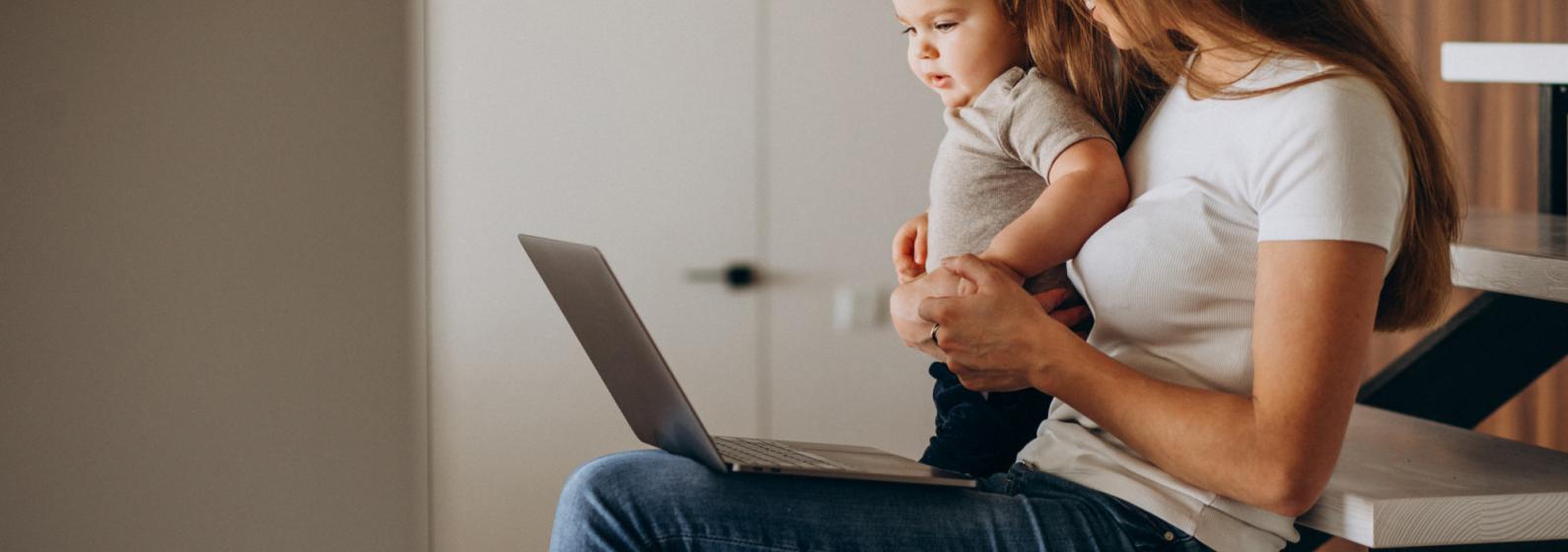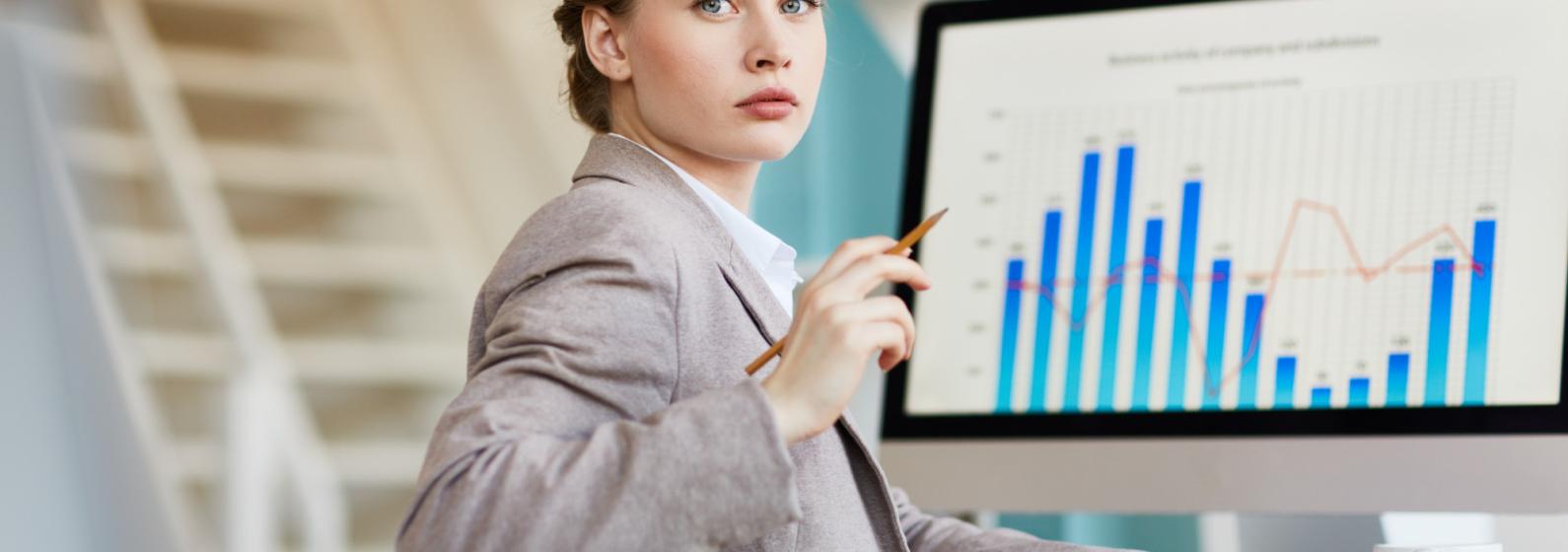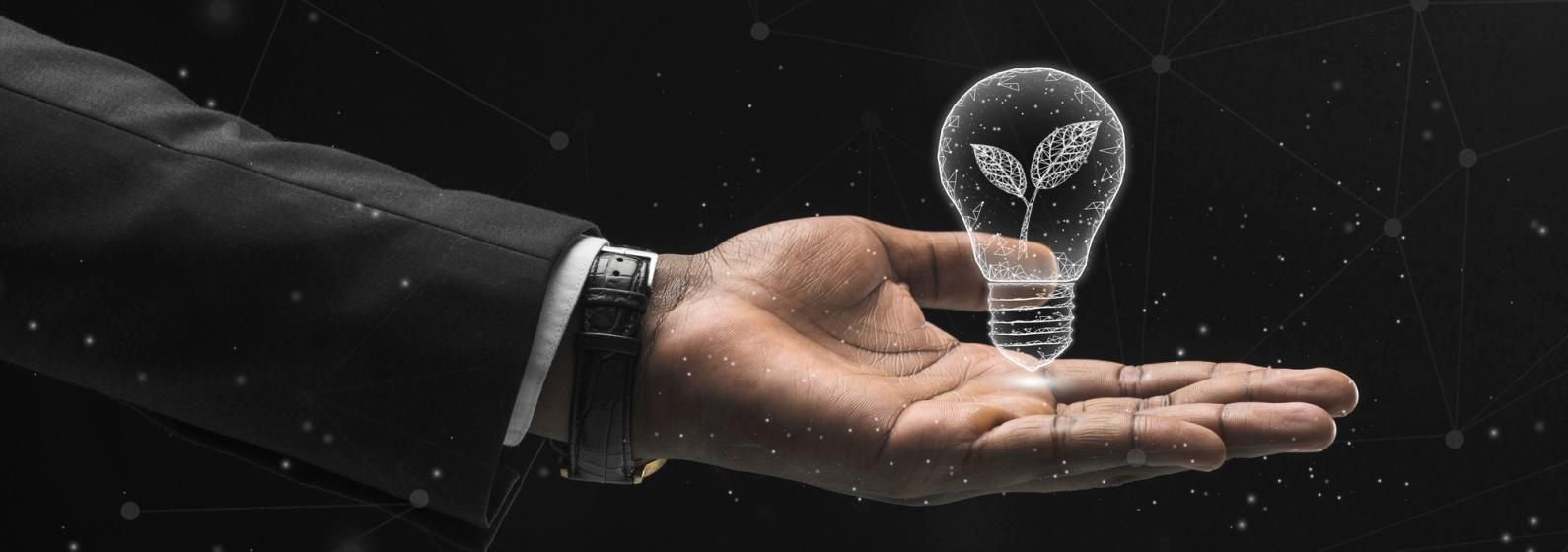I’d like to start from my own experience. In 1969 (and then in two following autumn-winter periods), we went through the Hong Kong flu epidemic. We had six million cases in Poland. Fifty thousand people died. What are my memories of the situation?
No classes were held for the first two weeks of the academic year so I spent most of my time at home or ice-skating in Park Skaryszewski. I was a bit bored, I have to say. I would drink – as a prophylactic measure – tea with raspberry syrup and, sometimes, with a slice of lemon (a real treat back then!), I would eat honey, garlic, and take vitamin C. All in all, quite a nice time. Did anything change as a result of the epidemic? I wouldn’t say so. But it’s different today. Changes are already happening, before our very own eyes. I’d like to stress, however, that we tend to overestimate the effects of various changes in the short run and to underestimate these effects in the long run.
Let’s focus on the positive
What’s this whole “beard effect” then? Well, we can see men with beards much more often than even a few months ago. Why is that? I think that during the lockdown (and then during the summer holidays), some of them realised they didn’t have to shave every day. And shaving is not an activity men enjoy – maybe except for those who like singing. And so they gradually moved from a few no-shave days to the beard. A side remark: you might have noticed the growing popularity not of hairdressers but barbers. You may ask: so what? I believe that this is a symptom of a greater relaxation of customs related to appearance and dress code. The beard effect is also a phenomenon of a lesser formalisation of clothing. After all, online meetings don’t require the same clothing standards as on-site office meetings. And this may influence offline meetings as well.
The new normal may mean a more relaxed dress code, which can trigger a change in other customs, like the nature and style of discussions at work, the ways of communicating and making decisions. Studies conducted among students learning online show that they are more critical of their teachers now than in class. I think that a similar situation might be taking place in organisations. COVID may – paradoxically, if we consider the imposed restrictions – bring about a relaxation of the rules of social behaviour at work, a greater freedom of behaviour in general.
The text is part of the publication "The New Normal. Reality in the times of the global Covid-19 pandemic. A commentary by the faculty of Kozminski University".
